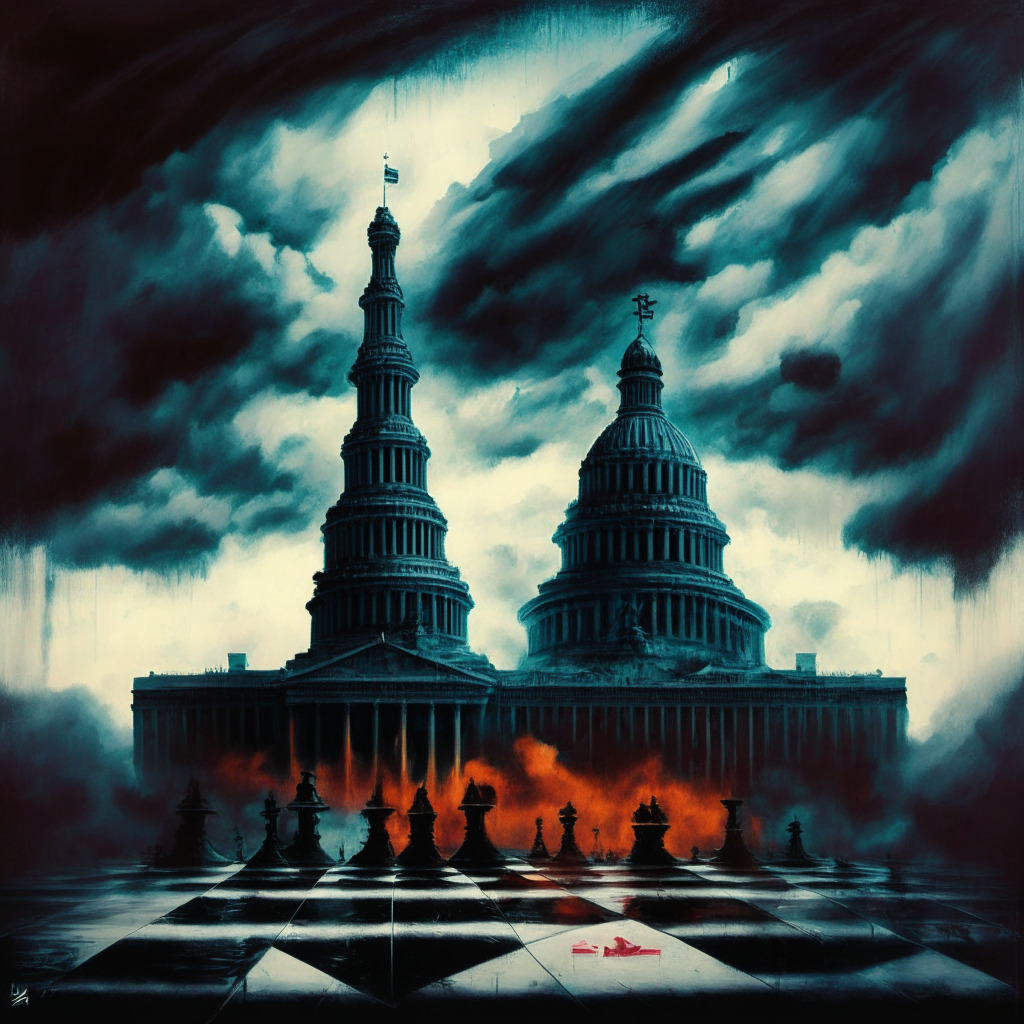The U.S. Commodity Futures Trading Commission (CFTC) recently initiated a formal review and public comment period to examine prediction market Kalshi‘s proposed contracts for betting on which major political party will control Congress after the next election. This came after the cancellation of a public meeting that was scheduled to discuss the issue.
During this 90-day review, the CFTC will need to make a decision or attempt to extend the period. Additionally, a 30-day public comment period has been implemented, aiming to gather input on 24 different questions about the contracts. These questions range from whether the contracts are “similar to gaming,” if the proposed betting is unlawful, and how they compare to previous efforts.
While Kalshi hinted last year that the CFTC would approve its political event contracts before the 2022 midterm elections in the U.S., the contracts were later withdrawn following staff recommendations against approval. The company then refilled its proposal with the intention of addressing regulator concerns.
However, not all CFTC Commissioners are in agreement about the new review period. Commissioners Summer Mersinger and Caroline Pham both dissented from the decision to launch this review. Mersinger argued that Kalshi had been operating in good faith to address the regulator’s concerns, and that introducing another comment period would only result in further delay.
Mersinger also stated that Kalshi’s self-certified contracts do not fit into any definition of “gaming” for the CFTC’s purposes. She suggested that the Commission should treat Kalshi’s certification in the same manner it treats other similar certifications, and then follow the proper legal process to establish a framework for exercising its discretion regarding event contracts.
Pham’s dissent, on the other hand, pointed to a previous case involving prediction market PredictIt, which was ordered shut down by the CFTC last year. PredictIt sued to continue operating, and the Fifth Circuit Court of Appeals ruled that the platform was allowed to remain active until roughly two months after a court ruling on the lawsuit. Pham argued that if the CFTC were to try and suspend Kalshi’s political event contracts, it could potentially violate the appeals court order.
This situation highlights the ongoing debate surrounding prediction markets and their place in the broader financial landscape. While some argue that these types of market contracts can provide valuable insight and services, others maintain that they could be detrimental to the public interest and should be more closely regulated. As the review period progresses, it remains to be seen how the CFTC will balance these concerns and ultimately determine the fate of Kalshi’s proposed contracts.
Source: Coindesk




